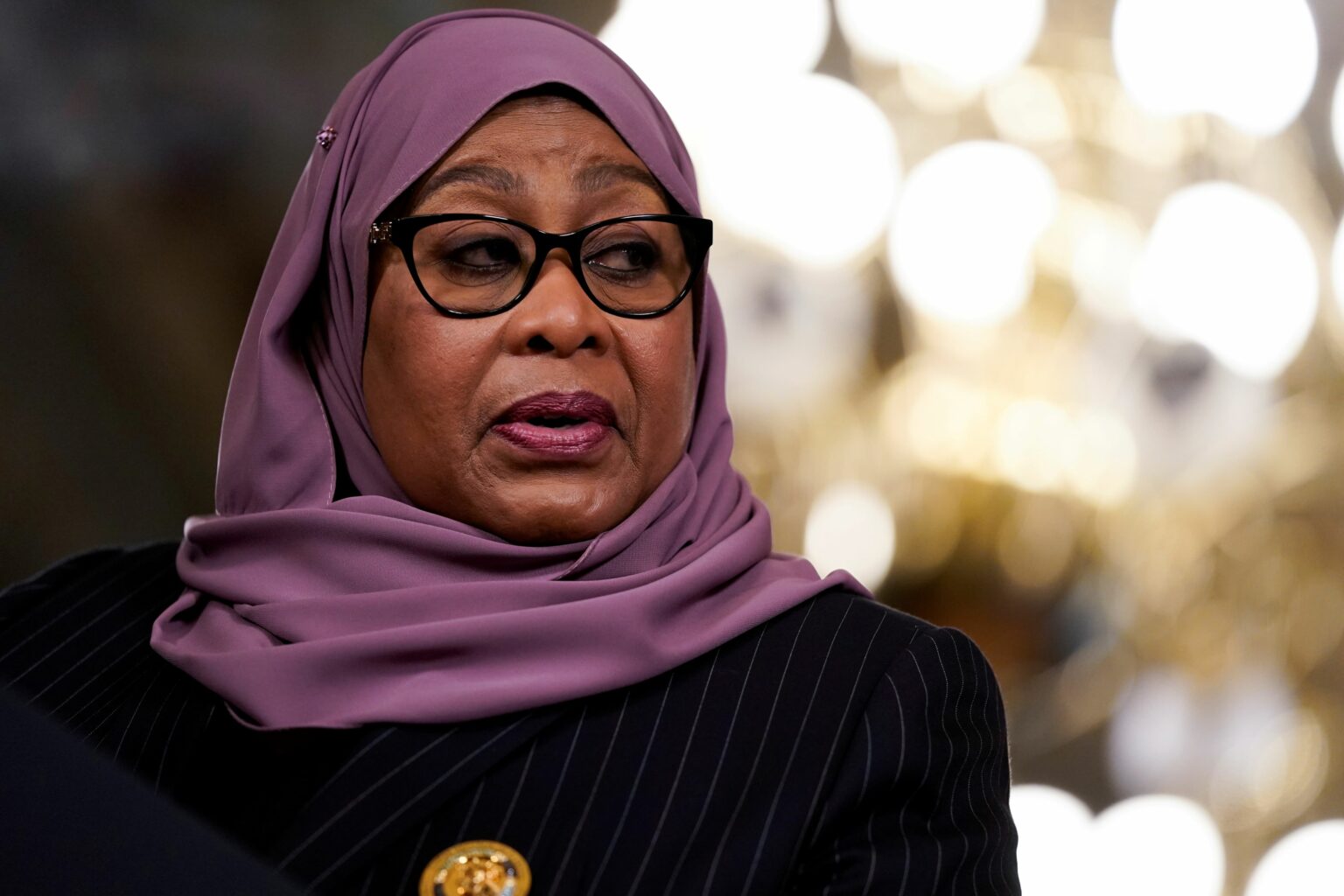Despite some progress, gender discrimination persists on the continent, particularly in the economic sphere. As for female role models, they seem to be disappearing.
Even the most hardened masculinists would have to rack their brains to find something to say. If you look closely, the list of African women who have made history since antiquity, such as Cleopatra, is long.
On the other hand, female role models have been few and far between for nearly 200 years, notably when Abla Pokou, an Ashanti princess, became queen of the Baoulés in the 18th century, or when Seh-Dong-Hong-Beh led the army of the famous Amazons of Dahomey in 1851. So where have the women with power gone?
If we are to believe the gender equality policies that have been put in place in certain countries, with the introduction of gender quotas to guarantee parity in political representation, things could change very quickly.
Without making any hasty shortcuts, we have to recognise that the context has changed. The days of conquistadors and other warmongers seeking to build or destroy empires are behind us, and the opportunities to idolise heroes and heroines are dwindling – even if in 2008 a Black man was elected president of the world’s leading superpower.
While some real female figures have recently taken up the reins in Africa – Sahle-Work Zewde in Ethiopia and Samia Suluhu Hassan in Tanzania – only three other women currently hold the post of prime minister (Tunisia, Togo, Equatorial Guinea), which is far from enough.
All the more so as the battle to see more women in positions of responsibility – despite the fact that women represent 50% of the world’s population – is also being waged in the economic arena, an area in which disparities are glaring.
A question of legacy
This is a particularly painful truth in Africa, according to a recent global study on gender discrimination conducted by the Organisation for Economic Cooperation and Development (OECD). The institution gave 180 countries a score from 0 to 100 (with 100 corresponding to total discrimination), taking into account four areas – family, access to resources, physical integrity and civil liberties – in order to assess their levels of inequality. With a score of 41, Africa is well above the global average of 30.
Mauritania and Cameroon appear in the table as the two countries on the continent with the highest levels of discrimination, with scores of 67.7 and 66.2 respectively on the same scale. Conversely, Côte d’Ivoire (17.9) and Zimbabwe (19.5) stand out favourably. Another figure from the study is striking: 60% of African women live in countries where the level of discrimination is considered high.
An inglorious result that is hard to explain today. Just like another list that focuses on wealth. Where are the powerful African women in terms of wealth? The West had its Liliane de Bettencourt, whose inheritance and assets of some $80bn keep her daughter Françoise Bettencourt Meyers (and her family) in 11th place among the world’s wealthy. All things considered, what – or whom – can Africa boast?
No concrete results
Since the disappearance of Angola’s Isabel Dos Santos – the eldest daughter of former president José Eduardo dos Santos – from the Forbes ranking of African billionaires, no woman has been listed. Does this mean that no women are creating wealth on the continent? This is a rhetorical question, for several reasons. Firstly, because all these powerful men were born to equally powerful women.
Secondly, if we are to believe the gender equality policies that have been put in place in certain countries, with the introduction of gender quotas to guarantee parity in political representation, things could change very quickly. If the policies involved actual follow-up. The situation is no different in the continent’s major companies, which have been forced to introduce quotas or other affirmative action measures to reverse the trend. However, what does it matter in the end, as long as the results are what they are?
Aurélie M’Bida is the business editor at Jeune Afrique.
First appeared in The Africa Report.
Photo by Elizabeth Frantz on Reuters.

